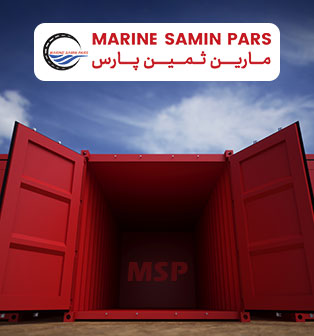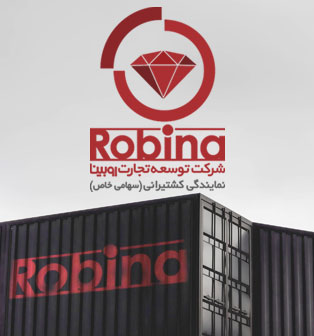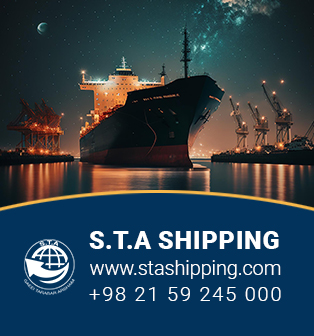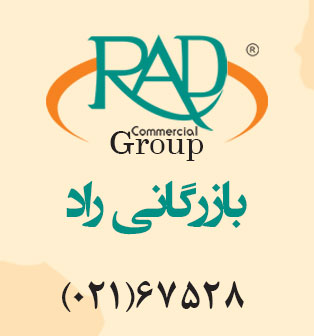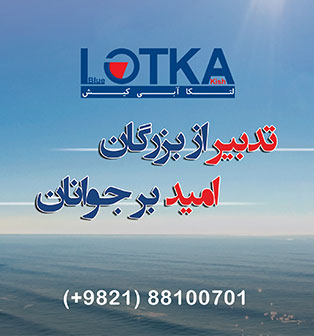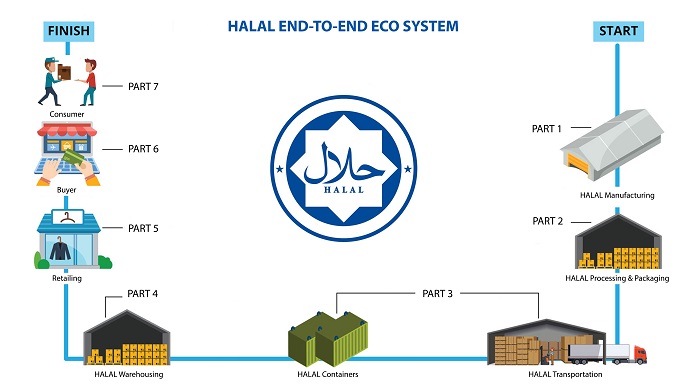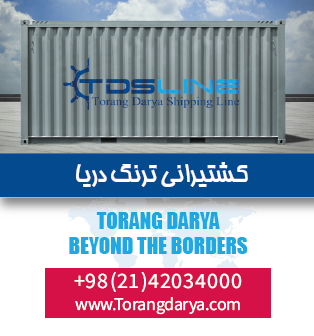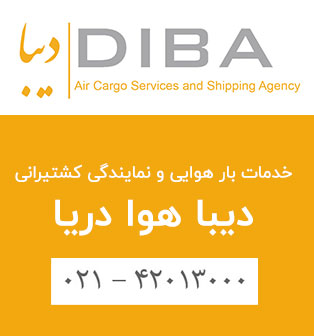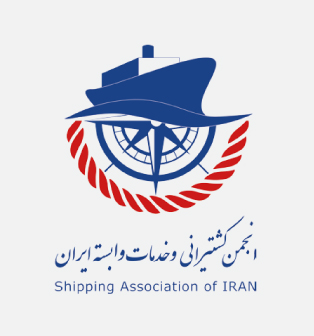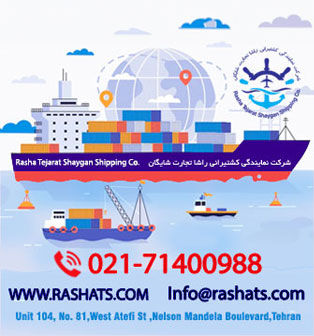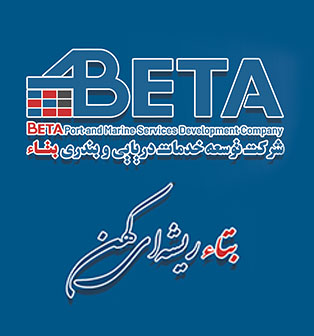The concept of Halal today is more than just food. It is a lifestyle that has transcended religious boundaries; one that encompasses a responsible way of living and in the best interest of all people. The word Halal is derived from Arabic language and it refers to an action, thought or feeling that is acceptable and permissible. Halal lifestyle would thus make up of different aspects such as food and beverages, technology, cosmetics, travel and lately logistics.
Contrary to popular perception, the halal industry is not only confined to halal food, or food consisting of ingredients which are allowed for Muslims to consume and are prepared according to Islamic rites, it goes beyond food production and processing. The Halal industry is categorized into two different scopes; Halal product and Halal services. Halal industry includes sectors such as food and beverages, pharmaceuticals, health products, medical devices, cosmetics and durable consumer products. Meanwhile, logistics and transportation, distribution, education, training and consultation, banking and finance, as well as travel and tourism are among the examples of services in Halal products. The value and growth in the number and variety of halal products and services stand testimony to growing acceptance of halal as a universally viable philosophy and that the market for halal industry is truly a global one.
Halal certification and hygiene standards have gained worldwide recognition and acceptance. The huge potential of the halal industry stems from the fact that it is not exclusive only to Muslim population alone but to all people. Halal products have a global appeal as the need for hygienic and safe products and quality services is a universal need. Promoting halal industry has gone beyond being driven by religious obligation but also by the lucrative commercial potential. The halal industry provides consumers with a viable and competitive alternative to “conventional” products and services.
In today’s global halal market, the importance of Farm to Fork is growing, and as a result Halal is entering into the logistics and transportation industry. Halal covers the entire process of packaging, handling, storage, transportation, and delivery of products. Halal logistics, a key component of the halal supply chain is gaining huge attention, where it ensures halal integrity by protecting halal products from non-halal elements in the supply chain. The logistics world is waking up to the enormous potential of the halal industry. Benefiting from a ready-made global customer group of nearly two billion Muslims presents opportunities for various players in the logistics industry to climb aboard. According to Thomson Reuters the Muslim population is expected to increase at a rate of 1.5% annually, obviously, this rapid growing population leads to the increasing demand for halal products. The rate of growth driven by consumer demand for high quality halal products worldwide is a market to be taken seriously. Logistics is generally estimated to account for 15% of a given market sector’s overall value. This would make halal logistics potentially worth more than US$ 150 billion annually, and therefore well worth developing further. It is not surprising that logistics companies all over the world are keen to grab a piece of this growing market.
As halal is extending upstream and downstream along the supply chain, the logistics of halal products are being studied by the food and logistics industries at the same time, leading to initiatives to certify logistics operations according to halal standards. A product could easily lose its “halalness” if it is contaminated during transport and storage prior to retailing. The complexities of the halal supply chain extend much further than the usual concerns regarding unbroken cool chains and the efficient delivery of fresh food. The halal control and assurance activities are fundamental in establishing a robust halal food supply chain that strives for a lower vulnerability to halal contamination.
There is a growing requirement for halal standards and compliance in areas such as certification and logistics to service the growing global halal market. It has proven to be difficult to obtain the respective halal standards from the various halal authorities in the world. For logistics, it would be important to create a unique label and code to communicate the halal status through the supply chain. The loading procedure is the critical area in halal transportation. In the transportation of halal goods it is important that the transport facility is clean before it is being stuffed and loaded, as halal cargo is in direct contact with the inner space of the container or transport vehicles, and so the container or transport facility needs to be dedicated for the halal movement by being ritually cleansed before use. Ritual cleansing is also critical for wet (chilled, frozen) environments. Halal livestock need to be segregated from non-halal livestock. Attempts to establish port-to-port protocols for halal logistics remain at the discussion stage. Logistics by its very nature requires collaboration between a number of different links in the supply chain, and to date this has not proved easy to establish. The high cost of investments in track and-trace technology and the absence of clear standards and guidelines have hindered the growth of halal logistics, but these factors are likely to be overcome in the coming decade.
Leading a Halal lifestyle will contribute to the overall wellbeing of the society. Undoubtedly the halal logistics sector continues to evolve and will be one of the fastest changing areas to watch out for. Developing nations need to look at improving their supply chain and become more competitive in the global market. Ensuring that the halal integrity of a product is maintained throughout its journey from manufacturer to customer is increasingly expected, and indeed assumed, by the end user. The growth of the halal market is itself a force for good. Its development, if pursued with intelligence and purity of intention, can be an active force in the alleviation of poverty. Growth of the halal sector has the potential to bring jobs, social harmony and an improved lifestyle to many people around the world.



